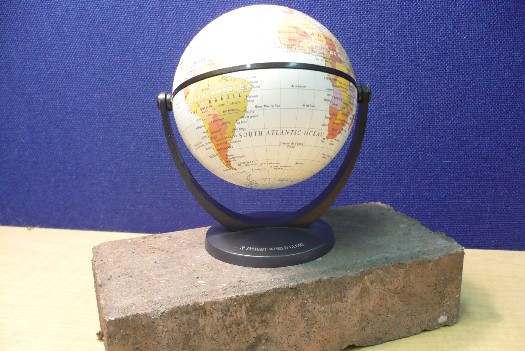
Africa and parts of Latin America still lack a strong scientific foundation
By James Dacey
In economic circles, the notion of there being a clear divide between the “developed” and the “developing” world has long been a discredited one. Indeed the economies of the BRIC countries (Brazil, Russia, India and China) are now widely recognized as rapidly growing with the potential to compete with the richest economies in the world within the next few decades.
Now, it seems that the folks interested in scientific development are also starting to recognize the role of these “middle” world nations.
This week, the developing world’s academy of sciences (TWAS announced that it was looking to double its endowment fund to US$25 million to support science and scientists in the developing world. It hopes to raise the funds by seeking donations from the more successful developing world countries such as the BRIC nations. The announcement was made at the academy’s 11th general meeting in Durban, South Africa.
When I heard this, it struck me as an echo of something Fernando Quevedo, new director of the International Centre for Theoretical Physics (ICTP, had said to me a couple of weeks ago. If you’re not familiar with the ICTP, it was founded in 1964 as the inspiration of the Pakistani Nobel-prize-winning theorist Abdus Salam, who wanted to establish an international research centre for young scientists from the developing world. The ICTP has its headquarters in Trieste, Italy, where it also houses TWAS.
Quevedo said that he will be using his presidency to try and build more networks across the developing world. His idea being that the nations like the BRIC group, which are starting to churn out more science year-on-year, can help give a leg-up to the nations that are still struggling to get their science bases off the ground. He cites academic networks and improved internet connectivity as key tools.
“The developing world has changed a lot in the past 40 years. Some of the larger countries like Mexico, Brazil, China and India are now offering a significant contribution to international science,” he said. Adding, “But there are also smaller countries, particularly in South America and Africa that have been slower to develop, which people still don’t like to talk about”.



